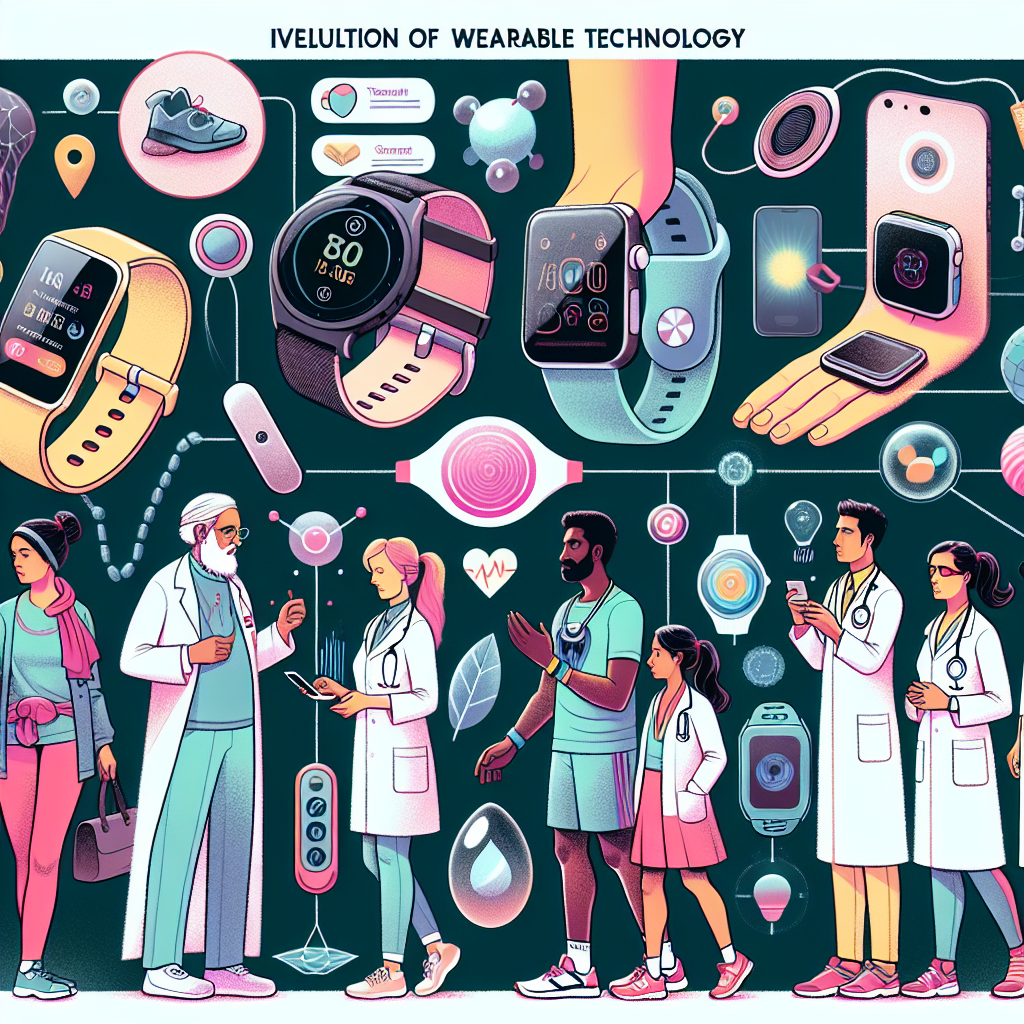The Green Tech Revolution: Innovations Paving the Way to a Sustainable Future
In recent years, the need for sustainable development has become more pressing than ever. With the effects of climate change increasingly evident, countries across the globe are facing an urgent call to adopt environmentally friendly technologies. This growing demand for sustainability has ushered in the Green Tech Revolution, a wave of innovations aimed at reducing environmental impact and promoting ecological balance. These groundbreaking technologies are not only helping to mitigate environmental challenges but are also creating new economic opportunities and transforming industries.
Renewable Energy Sources: Powering the Future
At the heart of the Green Tech Revolution is the transition to renewable energy sources. Solar, wind, and hydroelectric power are leading the charge in reducing dependency on fossil fuels. Solar panels have become more efficient and affordable, making it viable for both residential and commercial use. Meanwhile, wind farms are springing up worldwide, harnessing the power of wind to generate electricity without emitting greenhouse gases.
One remarkable innovation in the wind energy sector is the development of floating wind turbines, which can be deployed in deeper waters. This allows countries with limited land space to tap into vast offshore wind resources. Additionally, innovations in energy storage, such as advanced lithium-ion batteries and emerging solid-state technologies, are addressing the intermittent nature of renewable energy by storing excess power for use during low production periods.
Smart Grids: Enhancing Energy Efficiency
The implementation of smart grid technology is revolutionizing how electricity is distributed and consumed. Smart grids use digital sensors and advanced analytics to monitor energy flow in real-time, optimizing the delivery of electricity based on demand. This leads to a more efficient use of resources and reduces energy waste.
Moreover, smart grids facilitate the integration of renewable energy sources into the power grid. With the ability to automatically adjust supply and demand, these systems support the widespread adoption of decentralized energy production, such as rooftop solar panels, and reduce reliance on centralized power plants.
Sustainable Transportation: Driving the Change
Transportation is a significant contributor to greenhouse gas emissions, and a major area of focus within the Green Tech Revolution is the development of sustainable mobility solutions. Electric vehicles (EVs) have gained significant traction, with advances in battery technology yielding longer driving ranges and faster charging times. Leading automobile manufacturers are now massively investing in EV production, while infrastructure improvements are underway with the expansion of charging stations globally.
Another significant advancement in sustainable transportation is the development of hydrogen fuel cells for vehicles. Hydrogen offers a zero-emission alternative and can be refueled quickly, akin to traditional gasoline vehicles, making it an attractive option for both personal and public transportation.
Circular Economy: Closing the Loop
A key principle in the Green Tech Revolution is the transition towards a circular economy. This approach emphasizes the importance of designing products with their entire lifecycle in mind, aiming to minimize waste and maximize resource efficiency. Innovations in recycling technologies are enabling more efficient recovery of valuable materials from electronic waste and other sources.
Moreover, advances in biodegradable materials are paving the way for sustainable packaging solutions. Companies are increasingly adopting eco-friendly alternatives to plastic, reducing environmental pollution and conserving natural resources.
Agriculture and Food Tech: Sustainable Solutions for Planet and People
The agriculture sector faces unique challenges as it strives for sustainability, from the impacts of climate change to finite natural resources. Innovations such as precision farming harness technologies like drones, GPS, and AI to optimize agricultural practices. By monitoring crop health in real-time and tailoring interventions to specific needs, these technologies reduce water and pesticide usage.
In the realm of food production, advancements in lab-grown meat and plant-based alternatives offer sustainable options that require fewer resources and produce fewer emissions than traditional livestock farming.
The Road Ahead
The Green Tech Revolution is more than just a trend; it’s a necessary evolution of our global economy and infrastructure. As these innovations gain momentum, they hold the promise not only of addressing environmental challenges but also of creating jobs, fostering economic growth, and improving quality of life worldwide.
However, for the Green Tech Revolution to achieve its full potential, collaboration among governments, industries, and communities is essential. Policymakers must continue to support research and incentivize the adoption of sustainable technologies, while industries should invest in innovation and commit to sustainability goals. Together, these efforts will pave the way to a sustainable future that benefits both people and the planet.














Leave feedback about this
You must be logged in to post a comment.